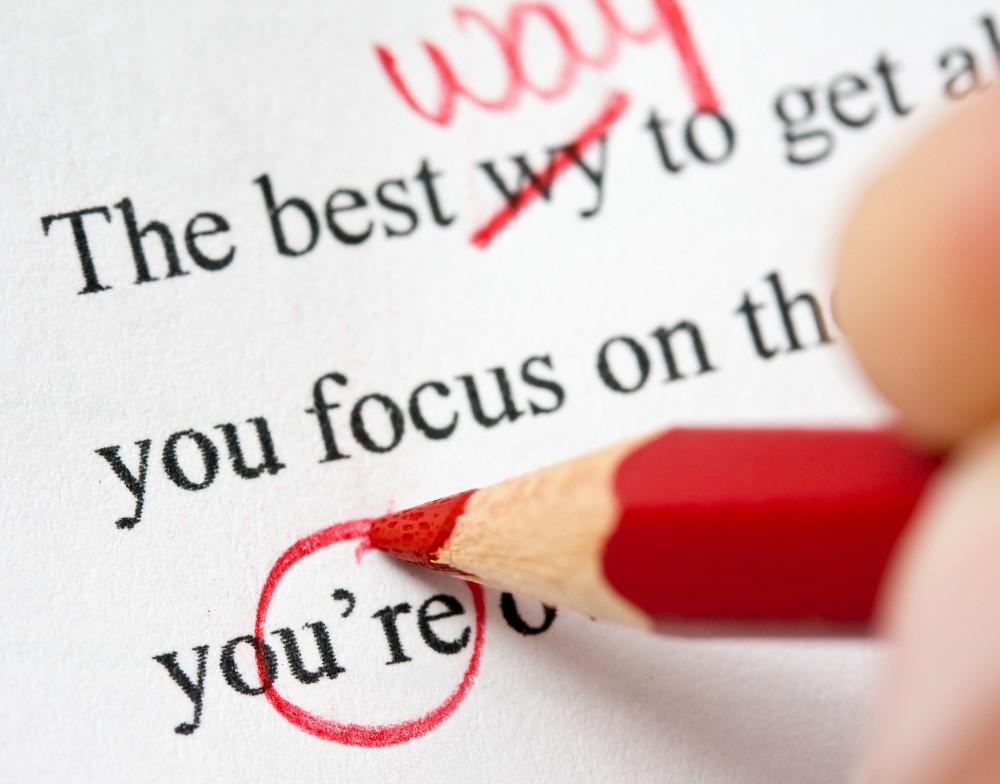Knowing which words to capitalize can be a tricky business since there are dozens of conventions governing these things, so nobody should feel bad about having to seek expert advice in this regard.
There are a few general tips you can follow here – most importantly, always check the relevant style guide and aim for consistent capitalization throughout your paper – but knowing when to capitalize is largely a matter of experience. Here are a few examples to keep in mind.
The First Word in a Sentence
Every time you begin a sentence, it should start with a capital letter. This even applies to quotations in the middle of a sentence, as long as the quoted text is itself a complete sentence. For example:
My friend said, “The movie Charlie’s Angels is the greatest work of art in film history,” but I disagreed with him strongly on this point.
Titles of Works
As the above example demonstrates via Charlie’s Angels, you may need to capitalize titles in writing. This applies both to titles of published works (articles, magazines, books, movies, etc.) and your own academic papers.
It’s worth checking your school’s style guide here, as institutions differ regarding whether you should capitalize all of the important words in a title (title case) or just the first word in the title and subtitle (sentence case).
The First Person Pronoun
The first person pronoun “I” should always be capitalized, as should contractions incorporating “I” (e.g., “I’m,” “I’ve” and “I’ll”). Other pronouns (“we,” “you,” etc.) are usually only capitalized at the beginning of a sentence.
Find this useful?
Subscribe to our newsletter and get writing tips from our editors straight to your inbox.
Proper Nouns
Proper nouns are words that name unique entities. So while the noun “egomaniac” applies to many of Hollywood’s leading lights, the proper noun “McG” refers uniquely to the director of Charlie’s Angels.
All proper nouns begin with a capital letter. Non-Charlie’s Angels related examples of proper nouns include:
- Personal names (e.g., Abraham Lincoln)
- Brand names and companies (e.g., Microsoft, Coca-Cola)
- Geographical features and locations (e.g., the Grand Canyon, Quebec)
- Languages and words related to nationality (e.g., Englishman, Spanish)
- Months and days of the week (e.g., Tuesday, October)
- Special dates and events (e.g., New Year’s Day, the Olympic Games)
- Planets (e.g., Mars, Jupiter); however, while “Earth” the planet is capitalized, when referring to the ground or soil, the word “earth” is not
This is far from an exhaustive list of proper nouns, though! Check the capitalization in a dictionary if you’re not sure about a particular word.
Other Capitalizations
Other cases when it’s important to capitalize a word include:
- Titles (e.g., Ms., Mr., Dr.)
- Acronyms and initialisms (e.g., NASA, FBI)
- Reverential capitalization: i.e., the use of a capital letter as a mark of respect, such as when “God” is capitalized in writing about Christianity
- Job titles when they precede a name (e.g., “President Barack Obama”)
And if you’d like any help making sure the capitalization in your writing is correct, our proofreaders can help.
